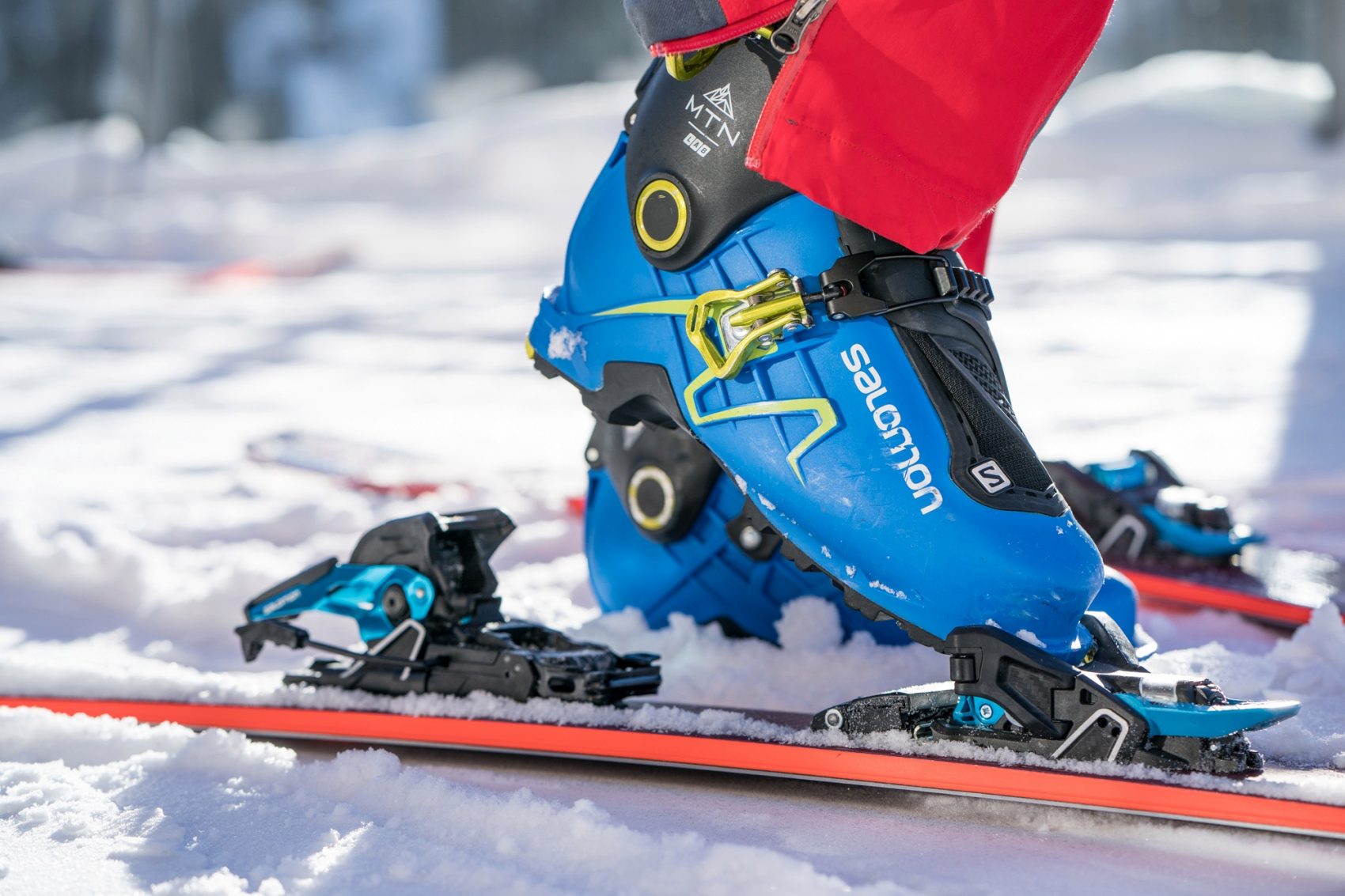
Ski touring has exploded in popularity in the last 5 years, perpetuated even further by the uncertainty that surrounded last season amid the ongoing COVID-19 pandemic. While many buy a ski touring set up to enjoy the solitude and unmatched snow of the backcountry, a subset of the uphill ski market invests in a setup simply for the exercise. They enjoy ascending (and potentially enjoy descending) at a ski resort, where safety is abundant, and avalanche risk is low.
Each season, more and more resorts have joined the growing number of ski areas that charge users for an “uphill pass.” This has not gone unnoticed and has sparked fiery debates within the uphilling community about whether or not it is “fair” for a ski area to charge for uphilling.
At the end of the day, the debate over uphilling fees can be boiled down to one simple concept: who owns the land. Of course, if the ski area is on 100% private land, those against uphill fees have no leg to stand on, as landowners can determine who gets to use their land. However, the situation becomes much murkier for most large ski areas.
Many large ski areas in the Western United States are on federal land, namely land that the US Forest Service manages. According to the USFS, some 25% of ski areas in the entire United States are on Forest Service land, with the largest concentrations being in California (25 resorts), Colorado (22 resorts), and Montana & Oregon (tied with 11 resorts apiece). Ski areas on USFS land operate on 40-year permits, where the USFS leases the land to resorts for select amounts of time. In other words, the Forest Service is the landlord, and ski areas are tenants. These arrangements have led many to question why resorts are allowed to charge users for the use of public lands.

The lease agreements describe that the ski areas cannot charge users a Forest Service entry fee. However, ski areas provide services to uphillers that they can legally charge for: snowmaking, grooming, avalanche control, restrooms, parking lots, the list goes on and on. Hence, the verdict of charging vs. keeping uphilling free shouldn’t come down to whether resorts can charge for land use (they can’t), but rather whether resorts can charge for amenities and services that they provide (they can).
In conclusion, free uphilling is a privilege, not a right, as a US taxpayer. When one buys an uphill pass at a ski resort, they are not paying for usage of the land, but they are paying for the services mentioned above that the ski area provides, which is completely legal and fair.
Only a complete moron will pay to hike up a mountain
Yes. You are using their groomed trails. Also their is liability associated with being on property.
If you want a free ticket head out into the backcountry.
This reminds me of meeting a free-heeler about 10 years ago while doing mountain setup about a half hour before lifts opened one morning at a Tahoe resort. The guy insisted that he had every right to be there and proceeded to complain about a winch cat that crested a slope too close to him. He had no idea that he was just a few feet from the buried winch cable that could have split him in two if he was over it when the cat cleared the crest.